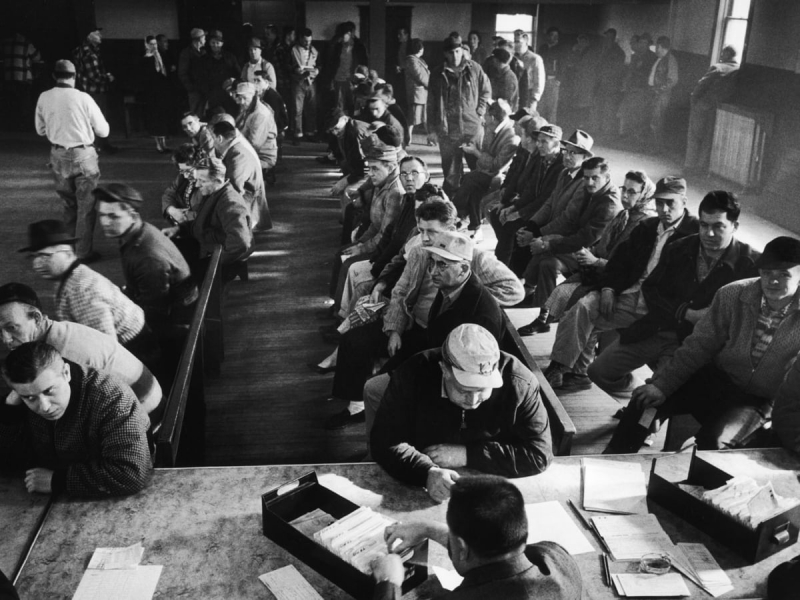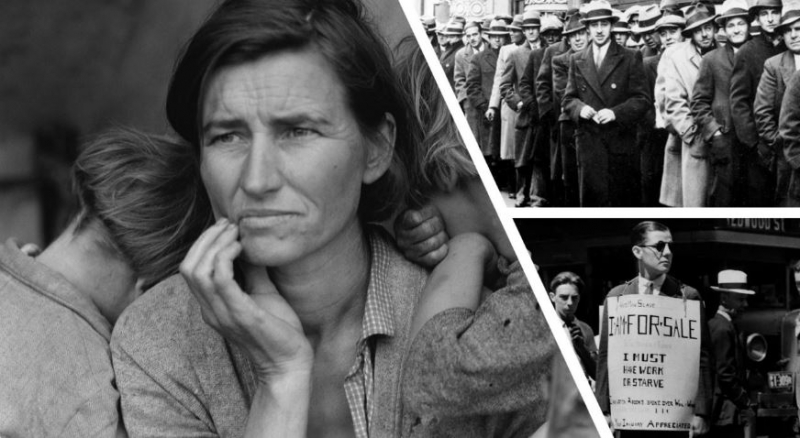Economic crisis

Any efforts to create a post-war society that was more transparent, cooperative, and peaceful would be undermined by the start of the Great Depression. When the American stock market crashed in 1929, loans sent to Germany under the Dawes Plan were completely recalled, not just suspended. A wave of bank failures throughout Central Europe, including the total collapse of Germany's banking system, began in 1931 with the fall of the Kreditanstalt, Austria's largest bank, as a result of the restriction of money and credit.
Unlike nations like Germany, Italy, and Japan, the British, French, Soviets, and Americans had sizable colonial empires to which they could turn for access to critically needed raw materials. As global trade declined, more regional trade blocs emerged, with the "have" countries constructing these blocs along colonial lines, like the British Imperial Preference system.
Despite admirable intentions for peace, the Paris Peace Conference's conclusion, which blamed Germany alone for starting World War I, did more to fuel animosity. The Great Depression and the ensuing economic protectionism would later act as a catalyst for antagonism to manifest itself in the formation of the Nazi Party and rising imperialist ambitions among world powers. The outbreak of World War II was simply a matter of time after those little imperialist successes.






